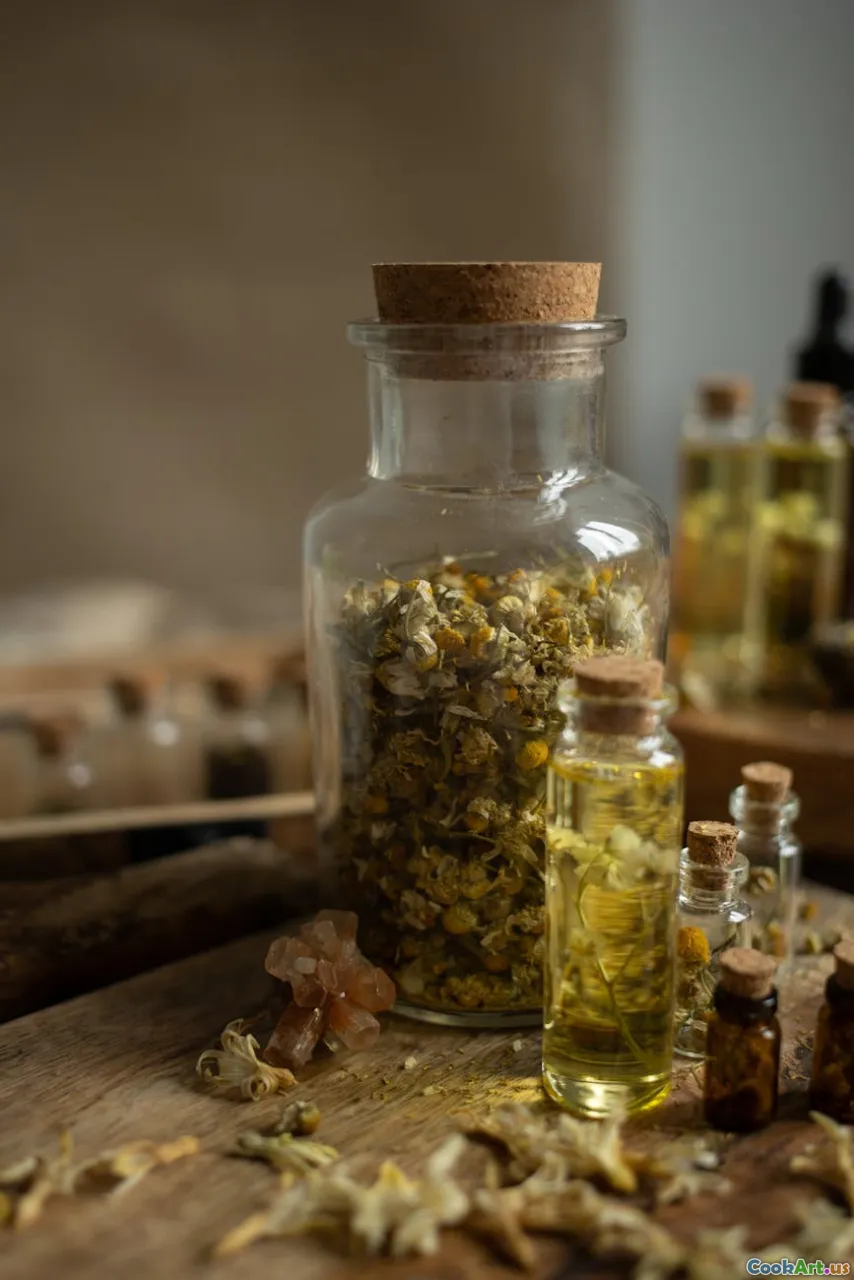Herbs and Botanicals in Sustainable Mixology
5 min read Discover how herbs and botanicals elevate sustainable mixology in cocktails, embracing local flavors while promoting eco-friendly practices. April 05, 2025 03:45
Herbs and Botanicals in Sustainable Mixology
In the world of mixology, the focus is increasingly shifting towards sustainability and local sourcing, bringing herbs and botanicals to the forefront of cocktail crafting. This article explores the importance of these natural elements in creating unique, flavorful, and eco-friendly beverages.
The Importance of Herbs and Botanicals
Herbs and botanicals are not just flavor enhancers; they are the backbone of sustainable mixology. These plant-based ingredients offer myriad health benefits and aromatic properties that can elevate any cocktail. By using local and seasonal herbs, mixologists can reduce their carbon footprint while supporting local farmers and suppliers.
What Are Botanicals?
Botanicals refer to any plant-derived substance, including herbs, spices, flowers, and roots, used in the preparation of food and beverages. In cocktails, they are often infused into spirits or used as garnishes, providing an aromatic experience that complements the drink. Common botanicals include:
- Basil: Adds a fresh, peppery flavor.
- Mint: Refreshing and aromatic, perfect for summer cocktails.
- Lavender: Floral and slightly sweet, often used in gin-based drinks.
- Rosemary: Earthy and fragrant, great in whiskey cocktails.
Sourcing Local Ingredients
Sustainability begins with sourcing. Many bars and restaurants are now partnering with local farms to obtain fresh herbs and botanicals. This not only ensures the highest quality of ingredients but also reduces transportation emissions.
Benefits of Local Sourcing
- Freshness: Local herbs are harvested at their peak, enhancing flavor and aroma.
- Seasonality: Using seasonal herbs means you can craft cocktails that reflect the time of year, offering a unique experience to patrons.
- Supporting Local Economy: By buying from local farmers, mixologists contribute to the local economy and promote sustainable agricultural practices.
Creative Ways to Use Herbs and Botanicals
Mixologists are getting innovative with how they incorporate these greens into their drinks. Here are some creative techniques:
- Infusions: Soaking herbs in spirits to extract flavors. For example, a basil-infused gin can form the base of a refreshing cocktail.
- Herb Syrups: Simple syrups made with herbs can add sweetness and flavor to cocktails. Try making a mint syrup for mojitos or rosemary syrup for a twist on classic drinks.
- Garnishes: Fresh herbs can be used as eye-catching garnishes that also add to the drink's aroma. A sprig of thyme or a few mint leaves can elevate the cocktail experience.
Health Benefits of Using Herbs
Beyond flavor, many herbs come packed with health benefits, making them an appealing choice for health-conscious consumers. For instance:
- Mint: Aids digestion and adds freshness.
- Basil: Contains antioxidants and has anti-inflammatory properties.
- Rosemary: Known for improving memory and concentration.
Eco-Friendly Practices in Mixology
Sustainable mixology goes beyond just using local ingredients. Here are some eco-friendly practices that can be implemented in bars and restaurants:
- Reducing Waste: Utilize all parts of herbs and botanicals, from stems to leaves, to minimize waste.
- Composting: Implementing composting systems for unused herbs and garnishes helps reduce landfill waste.
- Recycling: Use recyclable materials for straws, cups, and garnishes.
Conclusion
The incorporation of herbs and botanicals in sustainable mixology not only enhances the flavor profiles of cocktails but also reflects a growing commitment to eco-friendly practices within the beverage industry. By embracing local ingredients and innovative techniques, mixologists can create delicious drinks that are good for the planet and tantalizing for the palate. In this way, the world of cocktails can become a significant player in the sustainability movement, one herb at a time.









